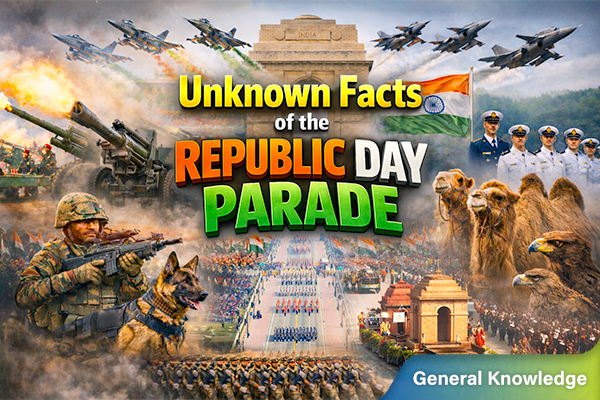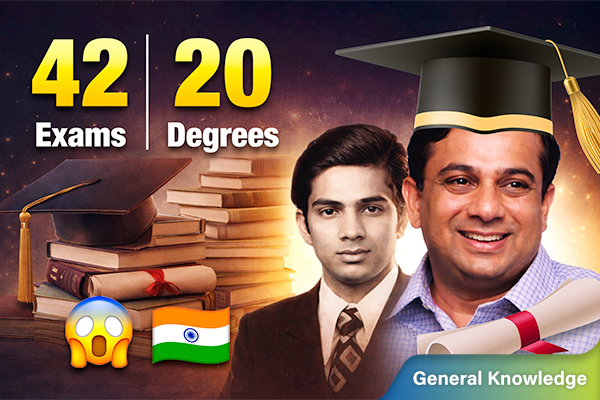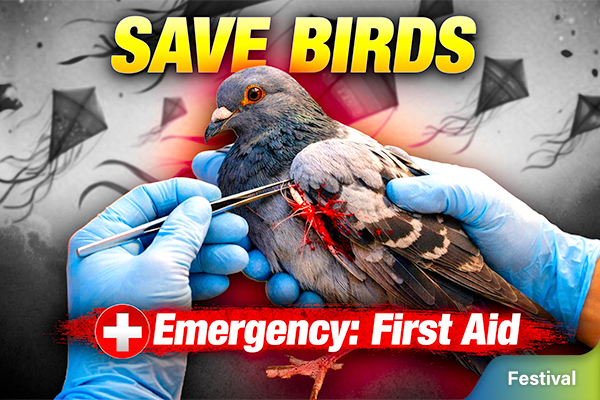Stonewall Riots & Emergence of Pride Month
In honour of Pride Month, ISH News has created a short and informative about the Stonewall Riots and the history of LGBTQIA+ community in India. Do watch the video and share it with others!
The lgbtqia+ community has had a long quest for getting the rights they deserve to live a dignified life. Let me tell you a brief history about the movement. There have also been many such incidents where the community went the extra mile to get the rights they deserve. One such incident was the Stonewall Riots. Let me tell you about it. Earlier, the American Constitution had banned homosexuality, and police would often raid queer bars and harass the community in one of the bars. New York’s Greenwich Village’s Stonewall Inn was one such target of New York police. But on June 28, 1969, tired of daily atrocities, the queer community in the bar fought back and gave a befitting reply to those in power. This was called the Stonewall Riots.
Soon, many other people belonging to the queer community, and even others began supporting the Stonewall riots. The protest went on for several days and support poured in from various corners of the world. This fight brought a revolutionary change in the world. The next year, in 1970, the first official Pride parade was carried out to mark the anniversary of Stonewall Riots and since then, it became a tradition. This concept spread throughout the world. Many people give credit to the Stonewall riots for the rights the LGBTQ+ community has today. This incident happened on June 28th, 1969 and because of this, June is now celebrated as Pride Month. This month is also about teaching acceptance, educating about the history of Pride, and most importantly, love. Many campaigns and drives are held to educate people about how damaging homophobia can be. Homophobia means dislike, or a bias toward members of the lgbtq+ community.
HISTORY OF LGBTQIA+ COMMUNITY IN INDIA:
During British rule in India, homosexual sex was considered unnatural and was declared a criminal offence under Section 377 of the Indian Penal Code (IPC). After India became independent, and the right to equality was given to the people but homosexuality remained a criminal offence. Decades later, on Aug. 11, 1992, the first known protest for gay rights was conducted. The Delhi Police arrested 18 people from the Central Park in Connaught Place on the grounds that they were about to indulge in homosexual acts. That arrest sparked the first mass protest at the Delhi Police Headquarters in which over 500 people from different walks of life participated and sent out a message to the police not to LGBTQIA+ harass people. In 1999, Kolkata hosted India’s first Gay Pride Parade. The parade, with only 15 attendees.
For years people in india as well as politicians petitioned the courts and introduced bills in the parliament to decriminalise homosexual sex. Finally after years of advocacy, on Sept. 6, 2018, the Supreme Court ruled that Section 377 was unconstitutional as it “criminalises consensual sexual conduct between adults of the same sex". The battle against Section 377 has ended but the bigger battle for equal rights for the LGBTQIA+ community is still ongoing.
CORRECTION : Decades later, on Aug. 11, 1992, the first known protest for gay rights was conducted.







